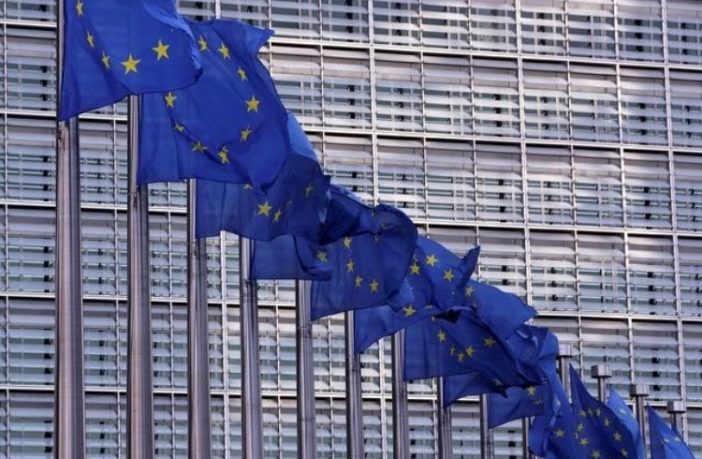The European Union’s executive on Monday proposed a 30-day ban on incoming travel to the bloc for foreigners to battle the spread of coronavirus.
“The less travel, the more we can contain the virus. Therefore … I propose to the heads of state and government to introduce temporary restriction on non-essential travel to the EU,” said European Commission chief Ursula von der Leyen. “These travel restrictions should be in place for an initial period of 30 days, but can be prolonged as necessary.”
She said exemptions would include long-term EU residents, family members of EU nationals, diplomats, doctors and researchers working on containing the health crisis.
An EU official said the bann would cover 30 countries – all EU member states but Ireland, as well as the four non-EU countries that sit with the bloc in the Schengen open-border zone.
“Ireland and the UK… are encouraged to align,” the official said. Ireland is not a member of Schengen and Britain left the EU in January.
EU leaders will discuss the proposal on a videoconference on Tuesday. So far the EU has found it hard to come up with a coherent answer to the health emergency and some countries have imposed unilateral border controls.
“The Commission says agreeing to this proposal would then make all intra-Schengen restrictions no longer necessary,” a second EU official said.
A third EU official said the bloc was trying to regain the initiative, after the epidemic exposed divisions among member states.
“We do know the threat is already inside, the threat is not coming from the outside anymore. So it’s more about political messaging,” the person said, on condition of anonymity.
Earlier in the day, the Commission warned EU countries not to impair food and medicine supply lines as they impose border restrictions in the drive to curb the spread of virus.




